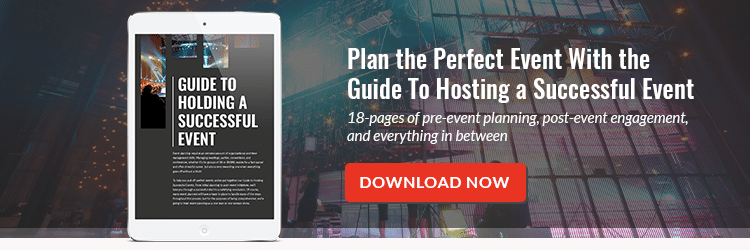The pop-up retail shop is more than just a fad; it’s become an important marketing strategy for countless companies that want to extend their brand presence, introduce new products, or display seasonal items in a convenient manner. Today, pop-ups are estimated to be a $50 billion industry.
One of the reasons customers are attracted to pop-ups is the FOMO factor (Fear Of Missing Out). Customers know that pop-ups are temporary, so they want to check them out before it’s too late (want to know how to find the best pop-up events in NYC? Check out our story here). So, to make an impact and create a pop-up event that customers will want to visit, it’s important for pop-up event planners to choose the best venue. As with many things in marketing, it’s often all about location, location, location!
Five Popular Pop-Up Venues in NYC: Pros and Cons
1. Indoor/Outdoor Kiosks and Booths
These type of pop-ups have become a staple in the industry and often make the best pop-up events; you can often find kiosks or booths in high-traffic areas in shopping centers or local markets. There are also many outdoor or “open-air” venues, usually at a seasonal event, which date back to the temporary Christmas festivals held in medieval Germany.
Pros:
- If your product is seasonal, you can attach yourself to a festival in which people will be looking for unique items or culinary treats.
- Shopping centers and markets already have built-in foot traffic that can benefit your business.
Cons:
- These events attract many other pop-up shops, so there’s a good chance competitive products will be featured nearby; speak with the market or festival planner to ensure you’re not situated beside your competition.
2. Store-Within-a-Store
Many retailers have unused floor space, which equals a lost opportunity to make money. Forward-thinking retailers are often willing to rent out space to temporary pop-ups for a small percentage of the returns. Some of them collaborate with a permanent fixture (i.e., Starbucks within a Target) but others prefer to rotate the space to stay on the cutting edge.
Pros:
- A retailer that regularly rents space often has the area “move-in ready,” requiring little effort on your part other than decorating and stocking.
- If the retailer is popular, you benefit from their regular foot traffic.
- If you need very short timeframes, such as one week or even a day, a retailer offers flexibility and can usually accommodate.
Cons:
- You’ll need to find a retailer that complements your product, but that doesn’t compete with their own.
3. Vacant Retail Space
Just about every October, pop-up events settle into a vacant retail space for the month, aiming to take advantage of Halloween shoppers. However, this strategy can work year-round for many pop-up event planners. The owner of the location is sitting on unused real estate, so this provides them with some income and provides pop-ups with an actual store—talk about a win/win.
Pros:
- You’ve got your own, large retail space. If you’ve got a lot of product to display, this is the ultimate venue and puts you on par with giants in your industry.
Cons:
- Being in an actual retail outlet can detract from the “cool” factor, and some people may not realize it’s a temporary pop-up event—meaning there’s no FOMO.
4. Truck or Trailer
Following in the footsteps of food truck entrepreneurs (a business in itself that’s estimated to have reached $2.7 billion in revenue in 2017), some pop-up events operate out of a motorized vehicle or trailer. A pop-up event planner may choose to purchase a vehicle if they plan to do many pop-up events over the years, or can rent one from a business such as RMNG. This company helps pop-up event planners accomplish their goals, regardless of whether it’s a food-based business.
Pros:
- You’re on wheels! When you’re through making sales, simply drive away. No more set-up and take-down for events that span multiple days.
- If you’re targeting younger generations, you’re in luck. Millennials are known as “the food truck generation,” and they regularly seek them out for their “authenticity.” Studies reveal that nearly 50% of millennials have made a purchase from a truck.
Cons:
- Licensing and permits may be required.
- Operators need to understand where and when they can park—and sell.
5. General Pop-up Space
A number of pop-up shop locations are available in well-kept street-level retail spots. These gallery spaces are rented by a landlord with the intention of simply hosting pop-ups. Their renters come and go all the time, renting the space weekly or monthly.
Pros:
- Because these spaces are made for pop-ups, they’re move-in ready and the owner may be able to offer advice and guidance based on previous experiences.
- Owners of these spaces like to book as far in advance as possible to keep the money rolling in. Being able to secure space is important for many pop-ups, especially those that are seasonal.
Cons:
- It’s a double-edged sword; because owners book far in advance, space may not be available when you need it.
Pop-up events are here to stay, and today’s savviest brands are leading the charge (and reaping the rewards). Of course, making a splash with your pop-up is also important, so having great audio and visual can also make your event stand out. If you’re considering pop-up event venues in NYC of any kind, contact the experts at One Way Event Productions. We’ve worked with countless companies and event planners to make pop-ups that truly pop.


